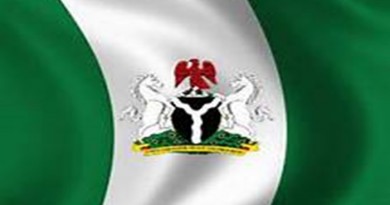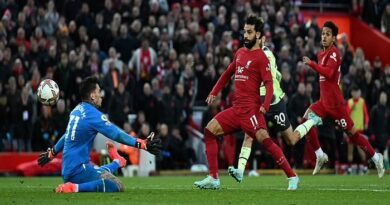LCCI sees subsidy removal as best economic decision to reduce Nigeria’s debt
The Lagos Chamber of Commerce and Industry (LCCI) has said that the Federal Government’s planned petrol subsidy removal is one of the best economic decisions that will reduce Nigeria’s debts and tackle widespread corruption in the oil sector.
LCCl President, Dr Michael Olawale-Cole, said this during the chamber’s second quarter state of the economy conference on Tuesday in Lagos.
The recent data by the Debt Management Office (DMO) puts Nigeria’s public debt at N46.25 trillion ($103.11billion) as at end-December 2022, compared to N39.56 trillion ($95.77 billion) in 2021.
It would be recalled also that Nigeria secured an $800 million relief package from the World Bank to minimise the effect of subsidy removal on the most vulnerable members in the society.
Olawale-Cole, thereby, urged government to begin to roll out several cushioning measures ahead of the subsidy removal in the second half of the year to mitigate any likely disruptions to the economy.
According to him, “Removal of fuel subsidies is, amongst others, expected to spur investments in domestic refining and petrochemicals and create a significant value chain for the various stakeholders.
“Though the planned removal of fuel subsidies may cause further northward movement of inflation in the short term, it is arguably one of the best economic decisions to reduce our unsustainable debts and widespread corruption in that sector.
“The government must, however, take cognisance of its socio-economic implications, especially with unemployment at the unwholesome rate of about 40 per cent,” he said.
The President does not agree with borrowing to fund subsidies or support uneconomic ventures, saying that government’s fixation on debt accumulation was unhealthy.
According to Olawale-Cole, government must prioritise exploring other avenues, including opening equity opportunities, offloading/selling of its real estate holdings and tackling oil theft to create room for fiscal manipulation.
He stressed the need to importantly follow the recently launched and restructured Ministry of Finance Incorporated (MOFI) by President Muhammadu Buhari on Feb. 1, to optimise national assets.
He advised that copious references should henceforth be made on the growth and returns of the country’s stock of financial assets in corporate equities, real estate and infrastructure spaces.
This, he said, would provide local and global observers a balanced picture of our financial position.
“It would also motivate national asset managers, led by MOFI, to grow our assets and the returns on them as well as motivate our national liability managers, led by the DMO, to minimise our liabilities and the costs we incur on them with equal vigour.
“Indeed, issuance of joint reports by MOFI and DMO would be most ideal going forward.
“One-sided updates on liabilities with no updates on assets when such updates were adequately available could well be blamed for some of the downgrades of nigeria’s debt issuance risk profile and outlook.
“The rating outcomes would have been more favourable, had updates on assets been provided side-by-side with updates about liabilities,” he opined.




